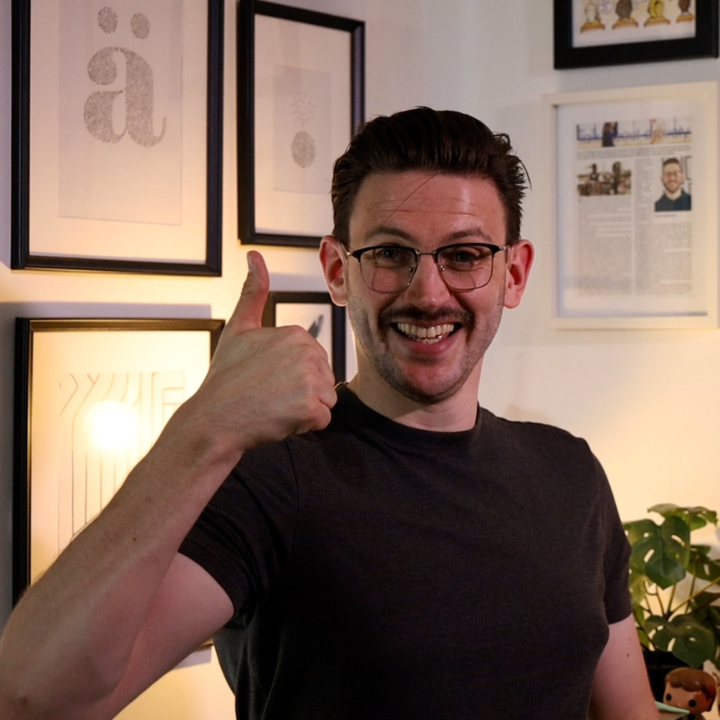Rebranding Safety with Tiffany Argent – The Problem of Under-Reporting Accidents

Overview
Ever feel like health and safety is all rules and no real results? You’re not alone. This article shows a real-life safety story. There is no fancy theory, only honest problems, creative thinking, and simple solutions that worked.
Tiffany Argent, a hands-on safety pro turned tech champion, solved serious workplace problems such as underreporting accidents and blame culture. She also shows how you can do it too. Whether you’re starting or knee-deep in safety challenges, this article provides you with real ideas, real results, and easy wins.
Rebranding Safety with Tiffany Argent – The Problem of Under-Reporting Accidents
Let’s start with the big issue. No one was reporting accidents. In a company with 2,000 people, there were only 12 first aid incidents in a year. Sound fishy? It was.
Why?
- People were scared to report.
- If they did, they got blamed.
- Managers didn’t believe it was their problem.
- Safety was “someone else’s job.”
Tiffany spotted the signs quickly:
- Staff hiding injuries
- People say, “It’s fine, I’ll deal with it at home.”
- Gossip about people being “accident-prone”
- Paper-based reporting systems that no one actually used
The Solution is Hands-On Safety and Simple Tech
Tiffany didn’t sit behind a desk. She got out there. She obtained her forklift licence. She walked the shop floor. She listened. And what she found helped her build trust and change everything.
Here’s how she tackled the problems:
1. Build Relationships First
- Speak to workers on their level.
- Ask real questions about their daily pain points.
- Show you’re there to support, not police.
2. Celebrate Reporting, Not Blame It
- Stop calling it “accidents.”
- Start calling them “potential incidents.” It’s about what could happen, not what did.
- Reward staff for reporting things before they get worse. (She even gave out bacon sandwiches for the best weekly reports!)
3. Make Reporting Super Easy
Tiffany used a free app called iAuditor by SafetyCulture to:
- Replace paper checklists with phone check-ins
- Let staff report issues in real time with QR codes
- Spot trends quickly and fix risks before anyone gets hurt
- Show management real-time safety data, not dusty folders
Culture Change Takes Time (But Not Forever)
Culture doesn’t shift overnight, but with the right tools and attitude, you can speed things up.
Tiffany’s steps:
- Start small. She rolled out tech at one site first.
- Educate everyone. Not everyone knows how to scan a QR code. Some sent photos of the code instead, whoops!
- Celebrate wins. Show people their voices matter:
“You said this door was dangerous. We fixed it. Thanks!”
- Bridge the gap between staff and the boardroom.
- Use video messages from managers to thank teams.
- Add feedback tools so staff can reply and ask questions.
Within 6 months, people were reporting more, not less. Why?
Because they finally felt heard.
What You Can Learn From This
Whether you’re a safety newbie or seasoned pro, here’s what you can take away:
- Walk the floor. Don’t stay in the office. Your best safety ideas are on the shop floor.
- Fix small stuff first. Trust builds fast when people see action.
- Use tech. Even free tools like SafetyCulture can save lives and time.
- Don’t wait for perfection. Start even if it’s not fancy.
- Communicate both ways. Top-down and bottom-up feedback is gold.
Tools That Helped And May Help You Too
iAuditor by SafetyCulture – free to download, easy to use:
- Record and track incidents
- Share updates across sites
- Give everyone a voice
- Create safer, happier workplaces
Try the free version here, https://www.safetyculture.com/iauditor
Final Thoughts
This is more than another safety story. It’s proof that when you ditch the blame game, simplify your systems, and trust your team, real change happens.
What’s your story? Do you have a safety problem you solved? Tell us about it at james@riskfluentltd.com, maybe you’ll be the next guest on Rebranding Safety.
Frequently Asked Questions (FAQs)
What qualifications do I need to start in health and safety?
Start with a Level 3 qualification like the NEBOSH General Certificate or an NVQ.
Can I transition to health and safety from another career?
Yes, many professionals transition from roles like operations management or the armed forces.
Is health and safety a stressful job?
It can be challenging, but the rewards often outweigh the stress.
How much can I earn in a health and safety role?
Entry-level salaries begin at around £25,000, with senior roles reaching £70,000 or more.
What industries offer the best opportunities in health and safety?
Construction, manufacturing, and energy sectors often have the most demand for health and safety professionals.
Ready to talk?
Let’s get together on a call to see where we can support you and add value to your business with structured health & safety consulting.
Let’s talk
For a quote, complete the form below and arrange a discovery call where we can chat though your requirements.

Has over 12 years of experience in safety and fire across various industries like healthcare, housing, and manufacturing. As the Managing Director at Risk Fluent and host of the “Rebranding Safety” podcast and YouTube channel, he is committed to making safety discussions engaging. James’s innovative approach and dedication to rebranding safety have made him a respected figure in the field.





